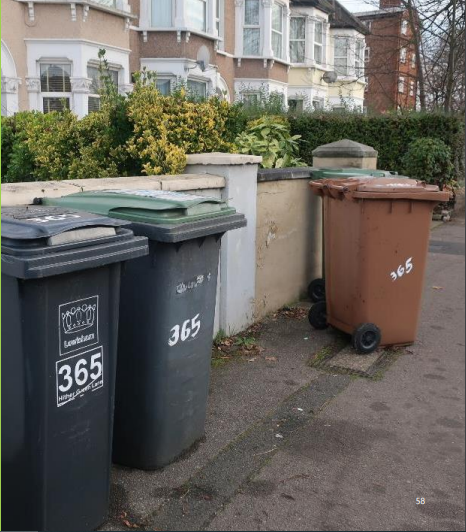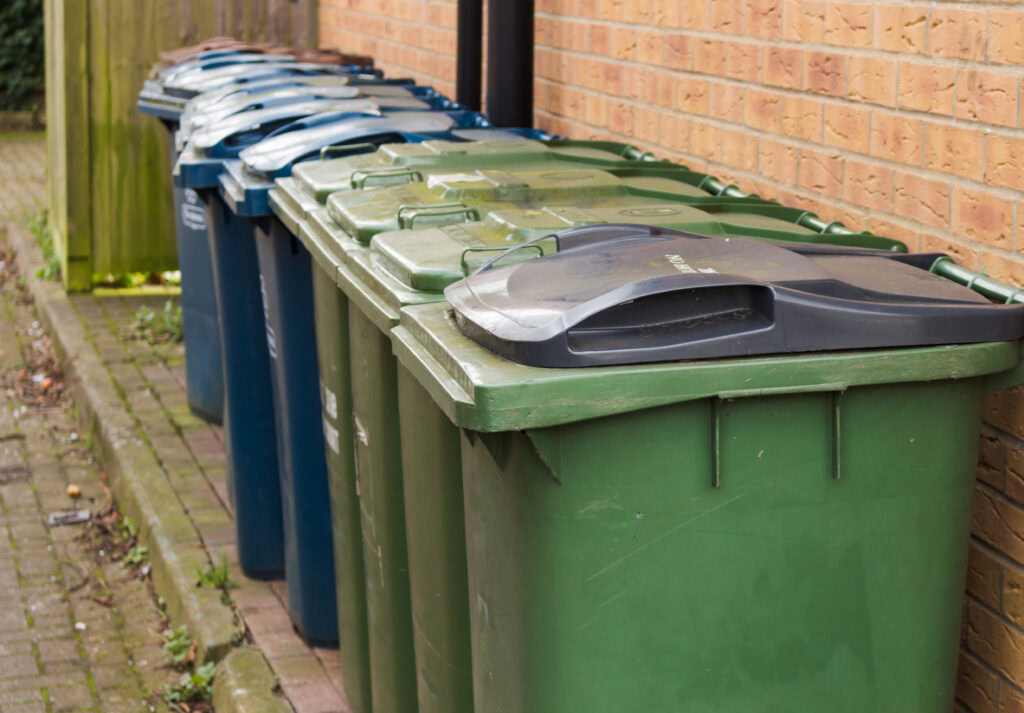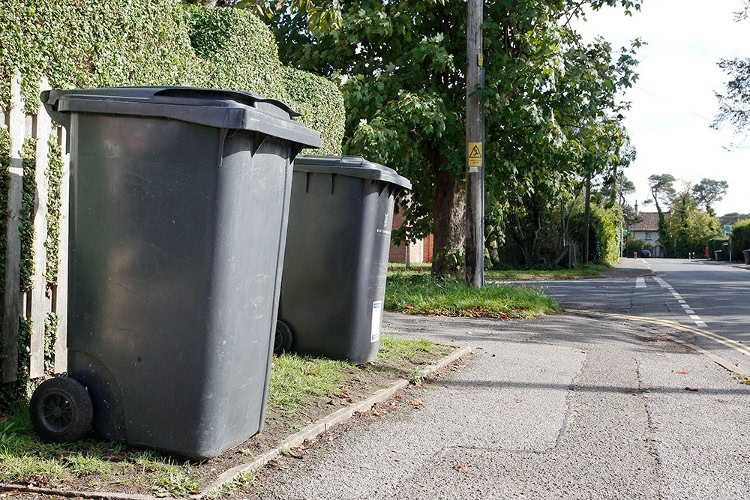An ethnographic study conducted by WRAP, the London Waste and Recycling Board (LWARB) and Resource London showed while many occupants of HMOs thought it was important to recycle, small mistakes by individuals added up to ineffective recycling at a household level.
The report, published by Resource London, reads: “HMOs represent a particular social dynamic in which social pressure plays a significant role in the sharers’ recycling behaviours.
“Households are composed of individuals who behave in an uncoordinated manner rather than as a cohesive whole.
“While this can have a positive impact, given it can encourage them to recycle by following others’ leads, individual efforts are often undermined by the lack of recycling knowledge and lack of consistency between dwellers.
“Lots of little mistakes by individuals meant households weren’t recycling well”
“Lots of little mistakes by individuals meant that at an overall level, the households weren’t recycling well.”
According to the Department for Communities and Local Government more than 210,000 properties in London are HMOs.
The full report, titled Sharing a House, Sharing Responsibility: Recycling in HMOs, can be read HERE.
Pandemic
The research was completed prior to the pandemic and LWARB says it is unclear what impact the pandemic may have had on the recycling habits of those living in HMOs.
“Since lockdown it could be that residents within shared properties are struggling more than ever with their recycling and waste”
Cathy Cook, local authority support manager at LWARB, told letsrecycle.com: “Anecdotally, shared properties like these have often been seen as difficult to get good quality recycling from, so we were really interested in delving deeper into the lifestyles of residents living in an HMO to see if this genuinely was the case.
“We were looking for opportunities to support and encourage them to improve waste management practices, and we definitely got some pointers from the research.
“It was completed prior to the pandemic, so since lockdown it could be that residents within shared properties are struggling more than ever with their recycling and waste – or they could be getting better at it under difficult circumstances.
“Whatever turns out to be the case, this report provides real insights which will guide our work once we come out of lockdown and people start getting back to their ‘new normal’.”
Scope
The research focused on privately rented HMOs whose tenants included a range of students and professionals and which housed between three and eight residents.
The report says ethnographic methods combining interview and observational research were chosen to understand people’s day-to-day lives in HMOs in depth.

Improvements
The report concludes the approach to improving recycling in HMOs was twofold.
Firstly, whole households must be brought on board with recycling. Whole households must feel responsible for waste and contamination of recycling bins, the report says.
Secondly, people must know what to do and when. This could be achieved by encouraging people to refer to existing communications and trusted sources of information, and by improving and increasing touchpoints with existing trustworthy information, the report suggests.
Ownership
Several factors were identified by the report as inhibiting recycling within HMOs.

The research suggested households did not take collective ownership for their waste and recycling.
Bins rarely came up in conversation between occupants of HMOs, the report says, and there were few instances of sharers talking to each other about waste and recycling.
The report says occupants often sorted their waste when they were alone in shared spaces, with nobody around to observe what they were doing and few consequences for making bad decisions.
When sharers saw items in the wrong bin, many would leave them there as they felt it was not their responsibility to move them.
Many sharers were not sure how or when their waste was collected, and what action was necessary in order to make it happen.
And, landlords and house leaders had little presence in the set-up of the recycling system, the report says.
Knowledge
A further problem stemmed from a low understanding of the general waste system among those who shared houses.
Occupants assumed they knew what to do with items and would not check information.
Residents were unlikely to seek out information if they were unsure whether an item was recyclable because it felt time-consuming.
Despite receiving recycling information from many sources, people based their knowledge of recycling systems and recyclable items on a limited number of sources, including the back of packaging and by word of mouth. Council communications were ignored, the report says.









Subscribe for free